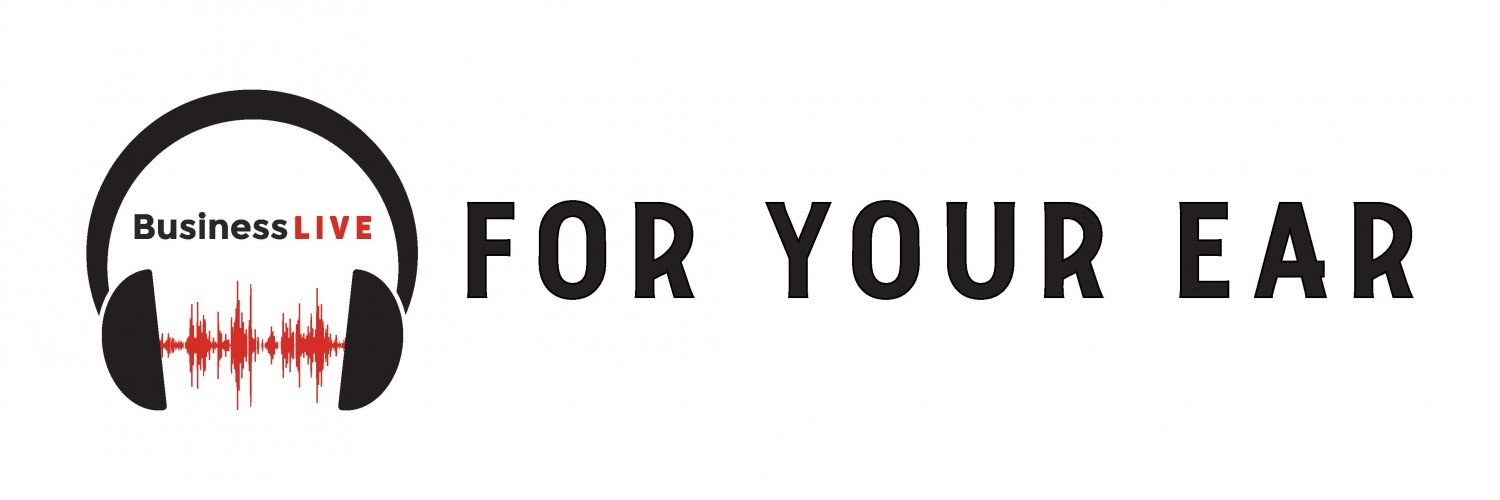
Easy electricity deal backfires as Ghana now owed $1.4bn
Loading player...
Accra — Ghana lured investors to its power industry to end chronic electricity shortages with deals it can no longer afford.
The deals’ terms require the government to pay for electricity generated even if there’s no demand for it. The move helped Ghana end its power crisis by 2016, boosting its generation to about 4,600MW, well above national peak demand of 2,700MW.
Debt owed to the power companies has grown, rising to $1.4bn at the end of June, more than doubling from $600m in July last year, according to the Chamber of Independent Power Producers, Distributors and Bulk Consumers. Its members may be forced to shut their operations, it said last month.
“Debt levels could rise even further,” Samantha Singh, a Johannesburg-based Africa strategist at Absa Bank, said in an e-mail. “The potential increase in these liabilities could hurt government finances even further in a time when they are already strained due to Covid-19.”
When President Nana Akufo-Addo came to power in 2017, he started the sale of energy bonds on the back of fuel levies to clear the outstanding liabilities. This helped cut the debt by half by early 2018, though more bonds haven’t been sold because there isn’t enough revenue to support them.
State-owned Electricity Company of Ghana has suffered an estimated annual revenue loss of $580m due mainly to transmission leaks, illegal connections and unpaid bills. Plans to tackle the problem by introducing private investors under a US-funded aid programme failed to win approval. The company’s MD, Kwame Agyeman-Budu, did not respond to multiple calls and a text seeking comment.
Not much help is coming from the West African Power Pool project, under which member countries could sell their excess power to neighbours. While Ghana was a net exporter of 967MW of electricity to other countries in 2019, further exchange is hindered until 2023, when current interconnection projects will be completed.
The coronavirus pandemic pushed Ghana further into financial straits. It responded with more than 3-billion cedis ($519m) in unplanned spending that included providing free electricity and water to citizens, tax waivers and credit to small businesses, a situation that made it difficult to keep up with the debt repayments, according to finance minister Ken Ofori-Atta.
“When you have limited resources in a Covid-19 environment you have to be specific about what you’re paying and how much you pay,” Ofori-Atta said in a phone interview. “We’ve tried ...
The deals’ terms require the government to pay for electricity generated even if there’s no demand for it. The move helped Ghana end its power crisis by 2016, boosting its generation to about 4,600MW, well above national peak demand of 2,700MW.
Debt owed to the power companies has grown, rising to $1.4bn at the end of June, more than doubling from $600m in July last year, according to the Chamber of Independent Power Producers, Distributors and Bulk Consumers. Its members may be forced to shut their operations, it said last month.
“Debt levels could rise even further,” Samantha Singh, a Johannesburg-based Africa strategist at Absa Bank, said in an e-mail. “The potential increase in these liabilities could hurt government finances even further in a time when they are already strained due to Covid-19.”
When President Nana Akufo-Addo came to power in 2017, he started the sale of energy bonds on the back of fuel levies to clear the outstanding liabilities. This helped cut the debt by half by early 2018, though more bonds haven’t been sold because there isn’t enough revenue to support them.
State-owned Electricity Company of Ghana has suffered an estimated annual revenue loss of $580m due mainly to transmission leaks, illegal connections and unpaid bills. Plans to tackle the problem by introducing private investors under a US-funded aid programme failed to win approval. The company’s MD, Kwame Agyeman-Budu, did not respond to multiple calls and a text seeking comment.
Not much help is coming from the West African Power Pool project, under which member countries could sell their excess power to neighbours. While Ghana was a net exporter of 967MW of electricity to other countries in 2019, further exchange is hindered until 2023, when current interconnection projects will be completed.
The coronavirus pandemic pushed Ghana further into financial straits. It responded with more than 3-billion cedis ($519m) in unplanned spending that included providing free electricity and water to citizens, tax waivers and credit to small businesses, a situation that made it difficult to keep up with the debt repayments, according to finance minister Ken Ofori-Atta.
“When you have limited resources in a Covid-19 environment you have to be specific about what you’re paying and how much you pay,” Ofori-Atta said in a phone interview. “We’ve tried ...
